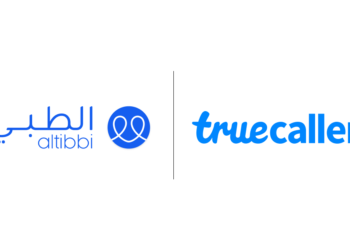The year 2018 has become the year of privacy, which is striking because it’s unclear as to whether the public knows that or not. It’s true, many people in the United States are keenly aware of the Equifax breaches last year and the subsequent fallout of policy changes that have since cascaded through 2018. Less known, however, is the largest data breach of 2018, which received relatively little coverage in the United States.
On January 3rd of this year, Aadhaar disclosed officially that they had a data breach that encompassed the personal information of each of the one billion Indian citizens’ names, addresses, photos, phone numbers, and e-mail addresses.
Further examples aren’t hard to find: the car-sharing app, Careem, had a breach of fourteen million user accounts. Such breaches are shocking, but, unfortunately, are beginning to represent a trend for citizens of the world.
Large-scale data breaches are problems the companies would like to hide from us, and worse yet many services like Equifax or Aadhaar aren’t something a citizen can effectively opt out of due to their ubiquity within a society.
For example, choosing to not have Equifax record your financial data in the US is opting out of access to any line of credit for your life.
A Privacy Guarantee?
With such services being exposed to fraudulent breaches at such a large scale, internet users have started to ask themselves the obvious question: what can I do?
Recently, it seems as if the most popular answer to that question is Virtual Private Networks (VPNs).
The growing popularity of VPNs shouldn’t be shocking: while there’s little you can do to protect yourself from companies having poor data discipline and security protocols, you can protect yourself from other breaches that can be just as damaging.
Besides large-scale data breaches, smaller-scale attacks across wireless networks have proven an effective method for hackers to locate personal information, which is just as disastrous for an individual person as a large-scale data breach is.
The emergence of inexpensive VPNs, like TorGuard, has proven effective in preventing personal data breaches, as well as something slightly more nefarious: data collection.
The other half of disappearing privacy is the fact that these companies not only have had their data stores breached, but the fact that they store so much information for us. The Google searches you enter, the Amazon pages you visit, and the ads you click on are all cataloged and stored by companies seeking to learn more about you.
The information is sold, circulated around, and used to glean insight into your life to sell your products. All of these are messy byproducts of how the online economy has developed, and avoiding the corporate touch of information gathering has proven to be a very strong motivator for the interest in VPNs.
Privacy as a Service
The amount of context that surrounds privacy in the internet age can be daunting, but there is an easy-to-digest trend: people perceive VPNs as a part of the solution for personal privacy. Millions of people count on them globally. They’ve grown to become over a 20-billion-dollar industry in 2018, and their popularity shows no sign of stopping.
The business sector as a whole has picked up on the importance of personal privacy for traveling business people as well.
Very recently, Forbes published an article detailing the benefits of a VPN. The article goes into detail on exactly how easy it can be for hackers to gain access to information being transmitted on a wireless network in a public place, but the bottom line for public perception is best found in the title: “…you need a VPN.” Specifically, the article goes on to highlight one of the biggest shifts in VPNs over the past decade, which is the ease of installation.
Let’s face it, most consumers aren’t really going to be spurred into action setting up complex software no matter how dire the consequences. The ease of installation has played a huge role in the proliferation of VPNs in tandem with the context of security breaches and corporate information gathering.





